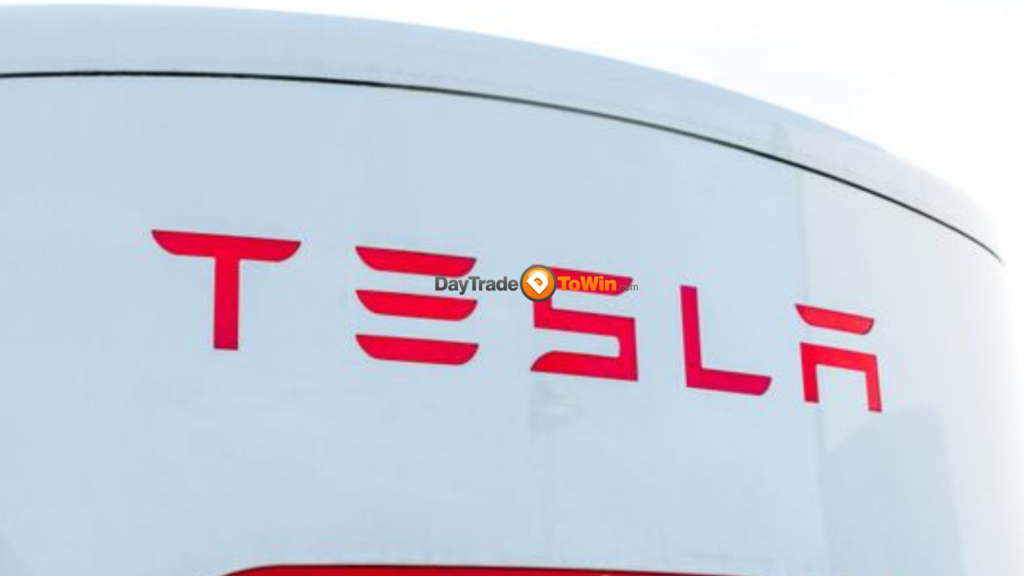Tesla’s stock had an uncertain trajectory on Monday, initially dipping following another downgrade before rebounding into positive territory. By midmorning, its shares had stabilized.
This downgrade, the fourth from a major brokerage firm this year, reflects a broader skepticism on Wall Street towards Tesla amid a slowdown in demand for electric vehicles. Mizuho analyst Vijay Rakesh downgraded Tesla, NIO, and Rivian Automotive to a “Hold” rating from “Buy.” Rakesh adjusted Tesla’s price target to $195 from $270.
The market response was mixed: Tesla initially dropped over 1% in premarket trading but recovered to gain 1.2% in early trading. NIO and Rivian followed a similar pattern, initially down but rebounding by 2% and 1.7%, respectively.

Investors may be finding solace in the fact that much of the negative sentiment surrounding Tesla’s stock has already been priced in. Analysts’ repeated downgrades have taken their toll, with Tesla shares down 31% for the year.
Adding to the pressure are revised delivery estimates, now pegged around 2 million units for 2024, down from an initial consensus of 2.1 million. Earnings forecasts for the year have also been tempered, with analysts projecting earnings per share just below $3 compared to an initial estimate of $3.81.
The average analyst target price has dropped to around $203 from $240 at the beginning of the year. Only 33% of analysts now rate Tesla stock as a Buy, the lowest ratio since March 2021.
NIO and Rivian face similar challenges, though they enjoy more positive sentiment from analysts, with 60% and 54% of analysts respectively rating their stocks as Buy.
The electric vehicle landscape is further complicated by developments from competitors. BYD reduced the price of its Seal sedan by 5%, while Nissan announced plans for a dozen new EV models and a 30% reduction in production costs for its electric vehicles by 2030.
Meanwhile, Lucid stock surged nearly 20% following a significant capital injection from Saudi Arabia, highlighting the interconnectedness of stocks within the EV sector.
Overall, Tesla and its counterparts navigate a landscape of shifting analyst sentiment, revised forecasts, and intensified competition, making for a volatile trading environment.




